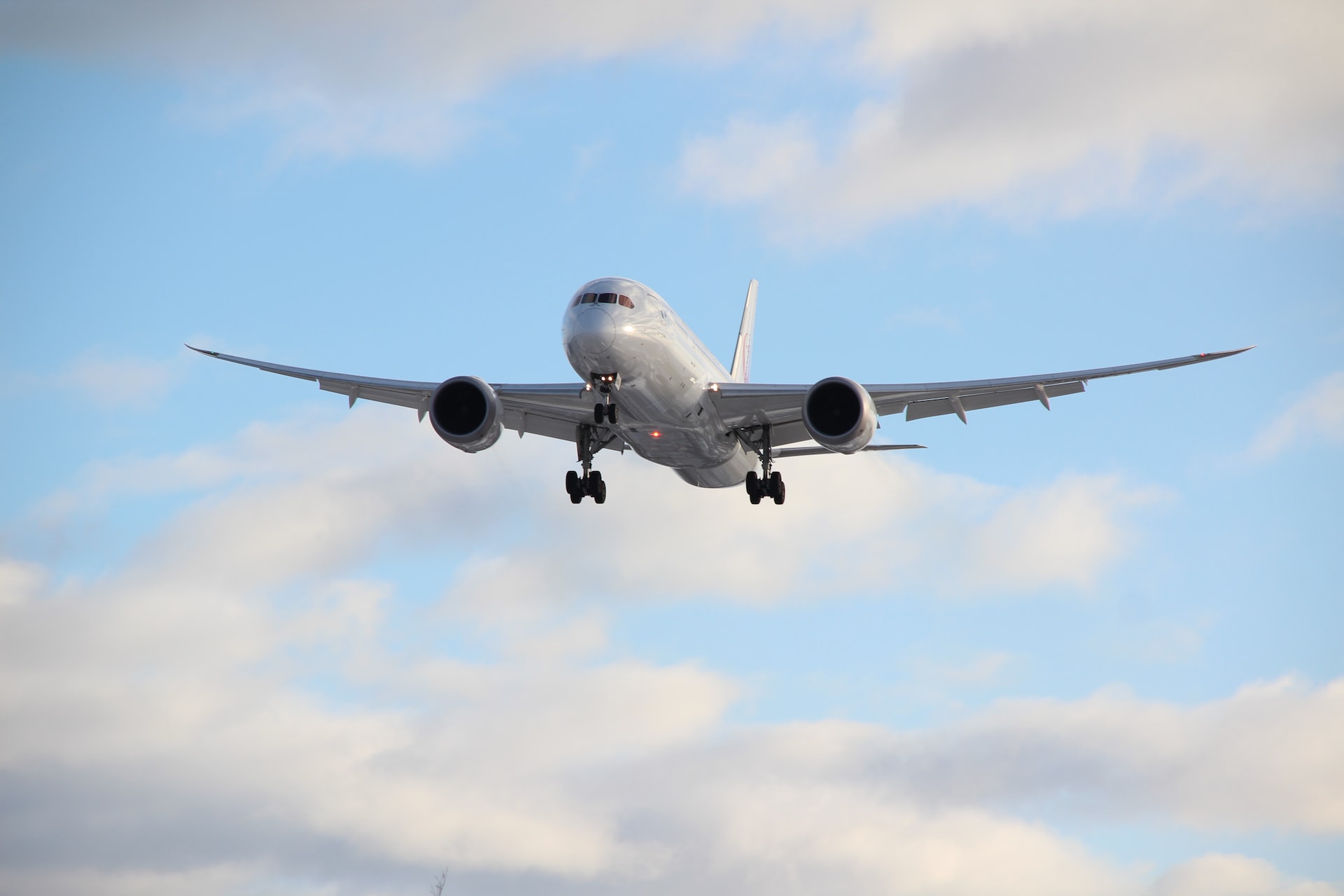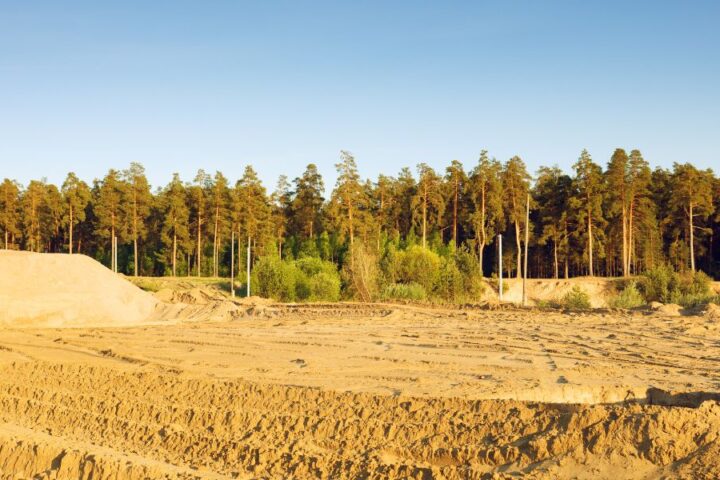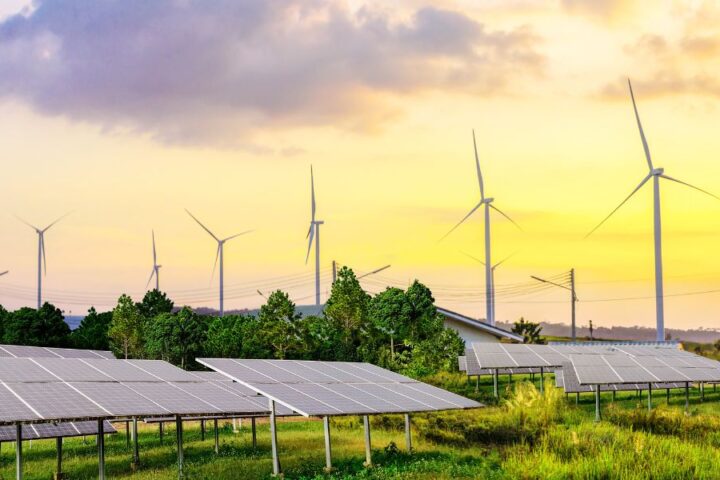Alaska Air
This product was recommended by Shannon Arner from Arner Adventures, LLC

If you do need to fly, and it is possible, we recommend the most Eco-friendly airline, Alaska Airlines. A report by the London School of Economics ranked Alaska Airlines as one of the top airlines for the lowest carbon emissions. Alaska Air also consistently leads airlines on the Dow Jones Sustainability Index for the most fuel-efficient North American airline. When we have flown via Alaska Airlines, we have noticed a visible difference in the way they even handle waste in-flight. They have very little to no plastic, and all items/packaging they hand out to passengers are recyclable or compostable. It is literally a breath of fresh air flying with Alaska Air.
EasyJet
This product was recommended by Peter Bieda from FHA Lend LLC.

EasyJet, Europe’s low-cost airline, has released a plan to reduce emissions by 50% by 2050, in keeping with an interim science-based climate target. From 2019 onwards, the airline will be the only European airline that provides free carbon offsetting for passengers while recognising that offsetting is just a temporary fix to a much larger commitment to sustainable air travel. Furthermore, the airline’s fleet of new, fuel-efficient planes, such as the Airbus neo aircraft, which consume 15% less fuel than older aircraft on average, will help to reduce emissions..
Virgin Atlantic
This product was recommended by Haris Bacic from PriceListo

Since 2019, Virgin has been the first to operate a commercial flight on waste-based fuel. Virgin has also committed to having one of the youngest and cleanest twin-engine fleets, having retired their four-engine Boeing 747s and Airbus A340s and replacing them with more fuel-efficient Boeing 787s and Airbus A350s. In addition, passengers may offset their flight on Virgin beginning in 2019. Currently, Virgin Atlantic aircraft are, on average, just seven years old.
JetBlue
This product was recommended by Jie Min from Airgram

JetBlue reduces environmental harm by using newer, environmentally friendly aircraft. They also attempt to reduce carbon emissions and are researching alternative fuel options. JetBlue offers natural foods on all flights and recycles as much as possible. In addition to adopting green building practices for their corporate offices, JetBlue expands their green initiatives beyond the individual planes.
KLM
This product was recommended by Scott Krager from WODReview

KLM has the top place for its environmental impact. It has participated industry-wide to reduce emissions through better fuel efficiency and the use of renewable biofuels. KLM also allows you to pay only a small premium when you book flight tickets. Perhaps, most notably the airline has also launched a campaign focused on education counseling to the workers and this makes KLM a potential airline in the encouragement of the Manlabor as well.
Cathay Pacific
This product was recommended by Amy Albano from Fast People Finder

Cathay Pacific has stopped the use of paper and transitioned to the use of applications in its cockpit. They have also stopped the use of single-use plastics. They also have plans to utilize biofuel. They also allow customers to contribute to projects that positively impact the environment.
Delta
This product was recommended by Kevin Wang from InYouths LED Mirrors

Regarding greener travel, nothing speaks volumes like Delta’s openness regarding its carbon footprint. Each year, they compile a Corporate Responsibility Report that describes their operations, including the amount of water and energy they consume and any new efforts they’ve started to improve their eco-friendliness. They keep tabs on their trash and do their best to reduce it through measures like recycling (even old safety gear!) and switching to more eco-friendly products.













